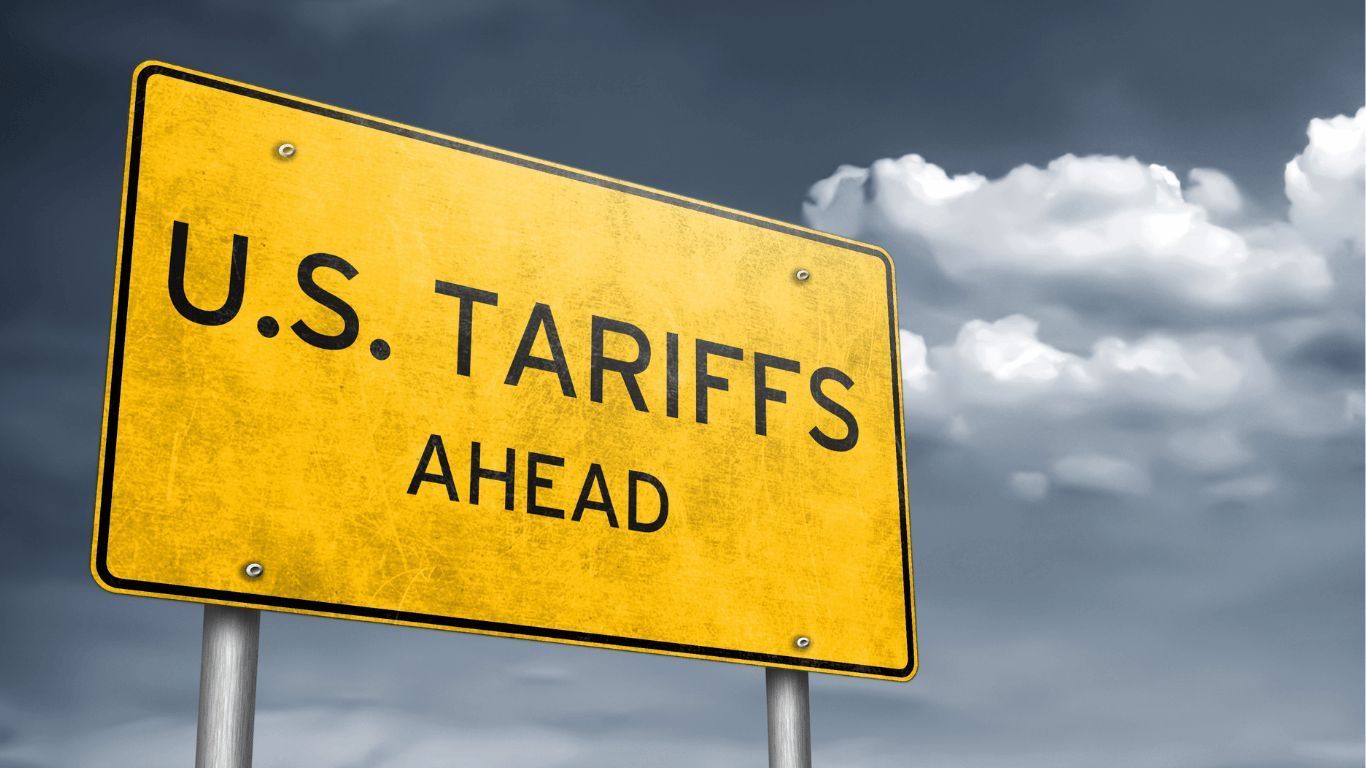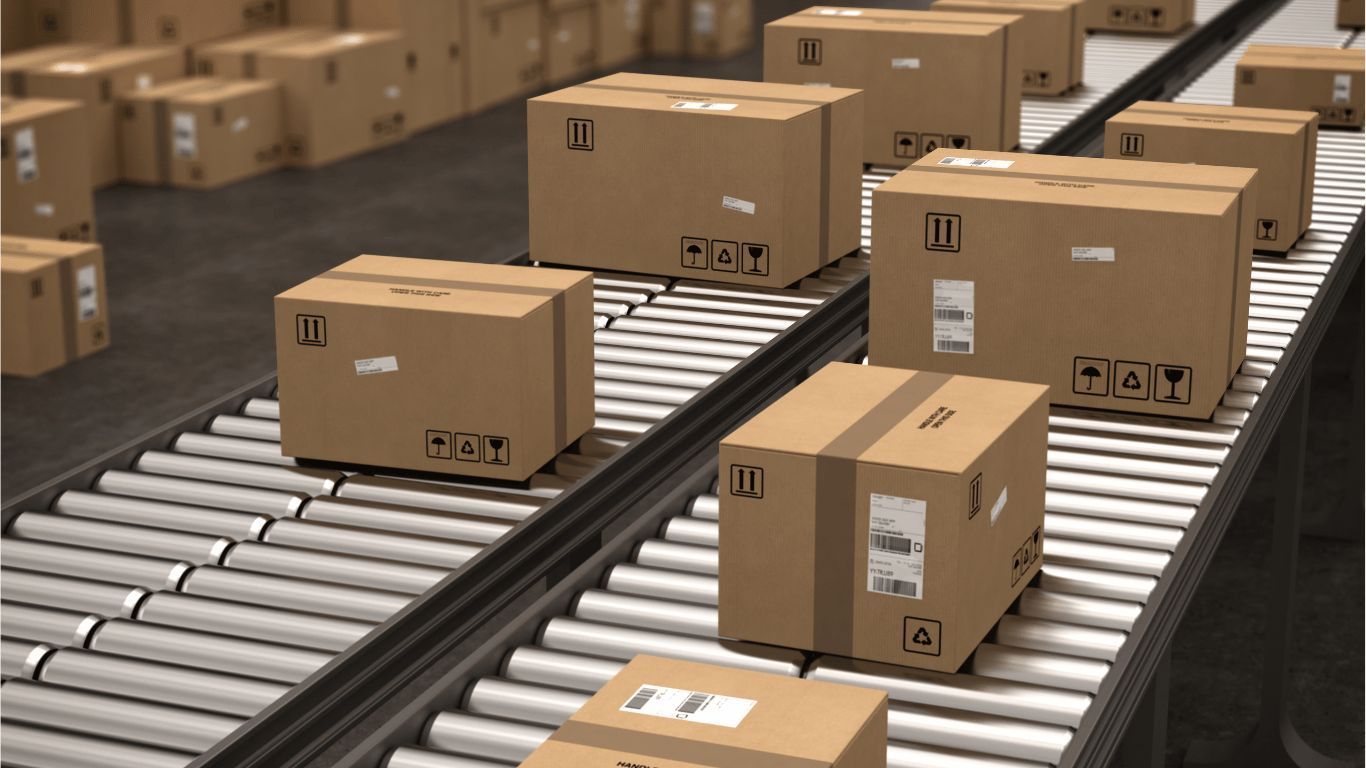Importing into the USA can be difficult
Customs clearance is a complicated procedure when importing products into the United States, but importers can avoid delays and even penalties by being aware of the required paperwork in advance. Having the right paperwork in place and completing it on time is essential to a seamless customs clearance process.
To avoid potential problems in the clearance of your merchandise, we recommend that you make use of our consultancy services for expert advice, support and solutions prior to importing your goods into the USA. We can make you aware of any entry requirements specific for the product you are importing, including which federal agencies will be supervising your imports.
U.S. Import Solutions and Advice
Our consultancy provides specialized expertise to help organizations identify and solve import problems, improve import processes, and achieve business goals by offering advice, developing new import strategies, and assisting with implementation.
Learn more about our flexible professional export and import consulting services >>>
Basic Import Guidance
For foreign vendors, importing goods into the USA can be a profitable opportunity, but it also demands careful preparation and regulatory compliance. To assist you, we offer the following basic guidance for importers into the USA.
Do you need a licence or permit to import into the USA?
Depending on the items being imported, various U.S. agencies may demand a license, permit, or other certification, but U.S. Customs and Border Protection (CBP) does not require importers to hold a license or permit. CBP serves as these other agencies' administrative representative.
What are U.S. Quotas?
There are two primary categories of import quotas in the United States: absolute and tariff-rate. Absolute quotas, which rigorously restrict the amount of goods that may enter the US market within a given period, are typically applied to textiles. Tariff-rate quotas allow a certain amount of imported goods to be imported at a lower duty rate for the duration of the quota. Goods may still be imported after a quota has been achieved, but the duty rate will increase.
What are U.S. Tariffs?
Citing a variety of economic and national security issues, the second Trump administration has implemented a new and aggressive tariff program. As a result, numerous companies are reassessing and modifying their supply networks to preserve profitability and bolster resilience.
U.S. Importer of Record (IOR)
During the importation process, a person, business, or legal organisation known as a U.S. Importer of Record (IOR) oversees and ensures that imported goods adhere to all applicable federal and state laws, rules, and customs procedures. The U.S. IOR plays a vital role in smooth imports by assuming temporary legal possession, managing customs clearance, filing required documentation, and being responsible for paying duties and taxes.
Who can be a U.S. Importer of Record?
Businesses or persons must meet at least one of the following requirements in order to perform the function of a U.S. Importer of Record.
- Have a tax ID number and be a U.S.-based business.
- Have a social security number (SSN) and be a citizen of the United States.
- Have a U.S. customs broker.
- Be a foreign business that has a Customs Assigned Importer Number (CAIN).
The Importer of Record is legally responsible for making sure that their imports fully comply with customs law and other U.S. laws. The Importer of Record is also responsible for the payment of all import taxes and fees. Regardless of if the importer is a person, business, or is based outside the USA, all importers of record have the same obligations.
Who is a Non-Resident Importer?
A person or company that imports goods into the United States without having an office or place of business within the United States is referred to as a non-resident importer, also known as a foreign importer of record. Despite having headquarters outside the USA, businesses nevertheless wish to market their goods in the United States. These businesses will require a Customs bond and a Customs Assigned importer of record number to operate as a non-resident importer into the USA.
We can assist your business with this process, please contact us >>>
What is U.S. Power of Attorney?
To act on behalf of the U.S. importer, a licensed customs broker will require a Power of Attorney. An officer of the importing company must have the legal authority to sign the agreement with the customs broker. Depending on the organisational structure of the U.S. import company they can renewal agreement every few years. To verify the identity of the importing entity, brokers might need additional documentation (such as the IRS Tax Identification number confirmation letter or the articles of incorporation). Before any submission can be made on the importer's behalf, a Customs Power of Attorney must be in place and verified with the designated Customs broker.
U.S. Ultimate Consignee
If your company is registered outside of the United States and you have a federal tax ID number (EIN) and/or Customs Assigned Importer Number (CAIN), you must designate a U.S. company to serve as the ultimate consignee for your shipment. The entity receiving your goods at the final destination will usually be the ultimate consignee.
The U.S. business will assume full legal and financial responsibility for import compliance when they act as the U.S. ultimate consignee for a foreign importer. Failure by the U.S. ultimate consignee to comply with U.S. import laws, such as customs duties, taxes, and product safety standards, may result in fines, penalties, delays, and the detention or seizure of goods.
U.S. Import Documentation
A Commercial Invoice, a Packing List, a Bill of Lading or Air Waybill, and an Importer Security Filing (ISF) for ocean shipments are essential documents required for importing products into the United States. Along with maintaining an accurate U.S. Customs Bond, you must accurately classify your goods using the Harmonised Tariff Schedule of the United States (HTSUS) to ascertain your tariff rate and any necessary permits or licenses.
Commercial Export Invoice
For Customs & Border Protection to evaluate the shipment's contents, origin, and values, the commercial invoice needs to be in English. In accordance with 19 CFR 142.6, the export commercial invoice should contain:
- A sufficient English description of the goods
- A classification of the goods in accordance with the U.S. Harmonised Tariff Schedule (USHTS).
- The number of units of the merchandise
- Value of the shipment
- Incoterms 2020 and the currency
- The country of origin in accordance with the country of manufacture, production, or growth of the article of foreign origin entering the United States.
- Information about products if covered by antidumping and countervailing laws.
- Details on every entity involved in the purchase and selling of the goods.
For certain classes of goods more details could be needed.
Packing List
A packing list is strongly advised for all international shipments by Customs and Border Protection (CBP) since it streamlines the import/export procedure by providing item quantities, weights, and dimensions, which helps with inventory control, customs clearance, product verification and product inspections. Essential information for U.S. shipping is provided by a thorough packing list, which is frequently supported by a commercial invoice and any certificate of origin. A detailed and accurate packing list can help to avoid delays or fines during customs clearance.
Transport Documents
Bills of lading and airway bills are examples of transport paperwork that document the goods' shipment to the United States. This comprises pieces, weights, involved parties, origin and destination ports/airports, carrier information, and trip details. To handle import cargo, Customs uses an inbound manifest; these transport documents link the manifest to the entry detail, enabling the carrier to release goods after a Customs entry is submitted and approved.
Other Documents
Additional documentation may be needed to meet import requirements from other government agencies, additional product-specific requirements, and any country-of-origin-specific requirements, depending on the products being imported, the nation of export, and other circumstances. For example, additional paperwork may be needed for chemicals and foodstuffs to support mandatory U.S. FDA and U.S. EPA registrations, which are also due at the time of entry.
What is a U.S. Customs Bond?
All commercial shipments into the United States must have a US customs bond, which is a financial guarantee. The customs bond is an agreement between U.S. Customs and Border Protection (CBP), a security firm, and an importer of record (IOR). It guarantees that goods enter the USA lawfully and adequately, this bond also guarantees that the importer will fulfil their responsibilities, which include paying taxes, customs fees, and fines.
What is Informed Compliance?
U.S. Customs and Border Protection (CBP) and U.S. importers share responsibilities for informed compliance. The trade, individuals, and companies are subject to U.S. laws and regulations when carrying out import operations into the USA which are regulated by Customs and Border Protection (CBP).
Section 484 of the Tariff Act of 1930 requires an importer to use reasonable care to make entry by filing the necessary information for CBP to determine whether the merchandise may be released from CBP custody. This is a key part of informed compliance, which calls for U.S. importers to exercise reasonable care in their importing operations.
Learn more about U.S. Import Laws and Regulations >>>
Trending U.S. Articles
Get informed about U.S. import and export trends, international trade news and learn from expert advice.
The U.S. export market is the main market for UK exporters and provides opportunities to access and reach more customers or businesses. If you're thinking about exporting products to the USA, we provide trade support services and guidance.
U.S. Customs encourages importers and exporters to familiarise themselves with relevant laws and US import and export regulations. Collaboration with U.S. Customs is recommended to safeguard American consumers.
The US has eliminate the $800 de minimis requirement for commercial shipping. The great majority of overseas companies that export low-value goods to the US are impacted by this move.




